Introduction
Nagavara Ramarao Narayana Murthy, widely regarded as the father of India’s IT industry, is a visionary entrepreneur who co-founded Infosys, transforming it into a global IT powerhouse. His commitment to ethical capitalism, mentorship of India’s tech talent, and philanthropy through the Infosys Foundation have made him a national icon. At 78, Murthy’s legacy as a pioneer of India’s software revolution endures, with a net worth of $4.8 billion (Forbes, March 2025). This article explores his life, career, achievements, and profound impact on India’s economic landscape.
Early Life and Education
Born on August 20, 1946, in Shidlaghatta, Karnataka, Narayana Murthy grew up in a middle-class Kannada Madhwa Brahmin family. His father, N. Rama Rao, a high school teacher, and mother, Padavathamma, instilled discipline and a love for learning in their eight children. Murthy excelled academically, attending the Sharada Vilas High School in Mysore. Initially accepted into IIT, he couldn’t afford the fees and instead earned a bachelor’s degree in Electrical Engineering from the National Institute of Engineering, University of Mysore (1967). He later completed an M.Tech in Computer Science at IIT Kanpur (1969), where his exposure to early computing sparked his tech passion. Murthy’s scholarship-driven education shaped his belief in meritocracy and accessibility.
Career Beginnings and Founding Infosys
Murthy’s early career was eclectic, blending technical expertise with global exposure. After IIT, he worked as a research associate at IIM Ahmedabad, contributing to India’s first time-sharing computer system. In the early 1970s, he moved to Paris, leading software design at SESA, a French firm, and travelled across Europe, absorbing socialist ideals tempered by capitalism’s efficiency. Returning to India, he joined Patni Computer Systems in Pune as head of software in 1977, where he met six colleagues who’d later co-found Infosys.
1981, Murthy founded Infosys in Pune with six partners—Nandan Nilekani, N.S. Raghavan, S. Gopalakrishnan, S.D. Shibulal, K. Dinesh, and Ashok Arora—with Rs. 10,000 borrowed from his wife, Sudha Murthy. Operating from his apartment, Infosys initially offered software services to global clients. A 1983 deal with Data Basics Corporation in New York marked its U.S. entry. By 1999, Infosys went public on the BSE, and in 2004, it listed on NASDAQ, becoming India’s first IT firm to do so. Under Murthy’s leadership (CEO, 1981–2002; chairman, 2002–11), Infosys grew from a $250 startup to a $28 billion firm by 2011, employing 250,000+ by 2024.
Leadership and Infosys’ Global Impact
Murthy’s vision was to make Infosys a globally respected IT services firm, emphasising quality, transparency, and employee welfare. Key milestones include:
Global Delivery Model (GDM): Pioneered offshoring, enabling 24/7 software development, adopted industry-wide.
CMM Level 5 (1999): Infosys became the first Indian firm to achieve this quality certification, which boosts its credibility.
Revenue Growth: From $2 million in 1991 to $7.4 billion by 2011, with clients like GE and Boeing. Murthy stepped down as chairman in 2011 but returned briefly as executive chairman (2013–14) to stabilise Infosys after profit dips. He mentored CEOs like Vishal Sikka and Salil Parekh, ensuring Infosys’ resilience. In 2025, Infosys ranks among India’s top IT firms, with a market cap of $90 billion.
Philanthropy and Infosys Foundation
Through the Infosys Foundation, led by Sudha Murthy since 1996, Murthy has donated over $200 million to education, healthcare, and rural development:
Libraries and Schools: Built 60,000+ libraries across Karnataka and funded rural education for 10,000+ students.
Healthcare: Supported cardiac care at Jayadeva Hospital and cancer treatment in rural India.
COVID-19 Relief: Donated Rs. 100 crore in 2020 for vaccine distribution and ventilators. Murthy’s 2024 pledge of Rs. 425 crore to Stanford University for AI ethics research reflects his global philanthropy. His 0.43% Infosys stake, valued at $2 billion, largely funds these initiatives.
Achievements and Recognition
Murthy’s contributions to IT and society earned global accolades:
Padma Shri (2000), Padma Vibhushan (2008): India’s fourth- and second-highest civilian awards.
Fortune’s 12 Greatest Entrepreneurs (2012): For pioneering India’s IT outsourcing model.
Thomas Jefferson Foundation Medal (2018): For global innovation.
Forbes India Philanthropist of the Year (2020): With Sudha Murthy.
Forbes Billionaires List (2025): Ranked #732 globally, India’s 12th-richest. His HSBC, Unilever, and UN Foundation board roles amplified his influence. Infosys’ 2006 Baldrige Award and Murthy’s 2003 E&Y Entrepreneur of the Year (World) underscore his global stature.
Personal Life and Interests
Married to Sudha Murthy, a bestselling author and philanthropist, since 1978, Murthy has two children: daughter Akshata, married to UK politician Rishi Sunak, and son Rohan, a tech entrepreneur. A frugal, disciplined man, Murthy lives in Bangalore, favouring simple meals and classical music—Hindi film songs and Carnatic ragas. His love for literature, inspired by Sudha, led to co-authoring A Better India, A Better World (2009). A fitness enthusiast, he walks daily, reflecting his belief in mental clarity. His 2 M+ X following amplifies his views on entrepreneurship and governance.
Controversies
Murthy’s tenure faced challenges:
Visa Fraud Allegations (2011): Infosys paid a $34 million U.S. settlement for B-1 visa misuse, though Murthy wasn’t directly implicated.
Boardroom Tensions (2017): His public criticism of Infosys’ governance under Vishal Sikka led to Sikka’s exit, sparking debate over founder interference.
Political Remarks: His 2023 call for a 70-hour workweek and critiques of India’s bureaucracy drew mixed reactions, with some praising his candour, others decrying elitism. Murthy’s transparency, like addressing visa issues openly, preserved his reputation.
Legacy and Future Prospects
Murthy’s Infosys catalysed India’s IT boom, creating millions of jobs and positioning India as a software hub. His “compassionate capitalism”—profit with ethics—inspired firms like TCS and Wipro. The Infosys Foundation’s social programs impact 1 million+ lives annually, from rural Karnataka to global universities. At 78, Murthy advises startups via Catamaran Ventures, his $1 billion VC firm, and mentors leaders like Nandan Nilekani. His son Rohan’s potential role in Infosys ensures family influence. Challenges include navigating AI’s disruption in IT, but Murthy’s vision for innovation endures.


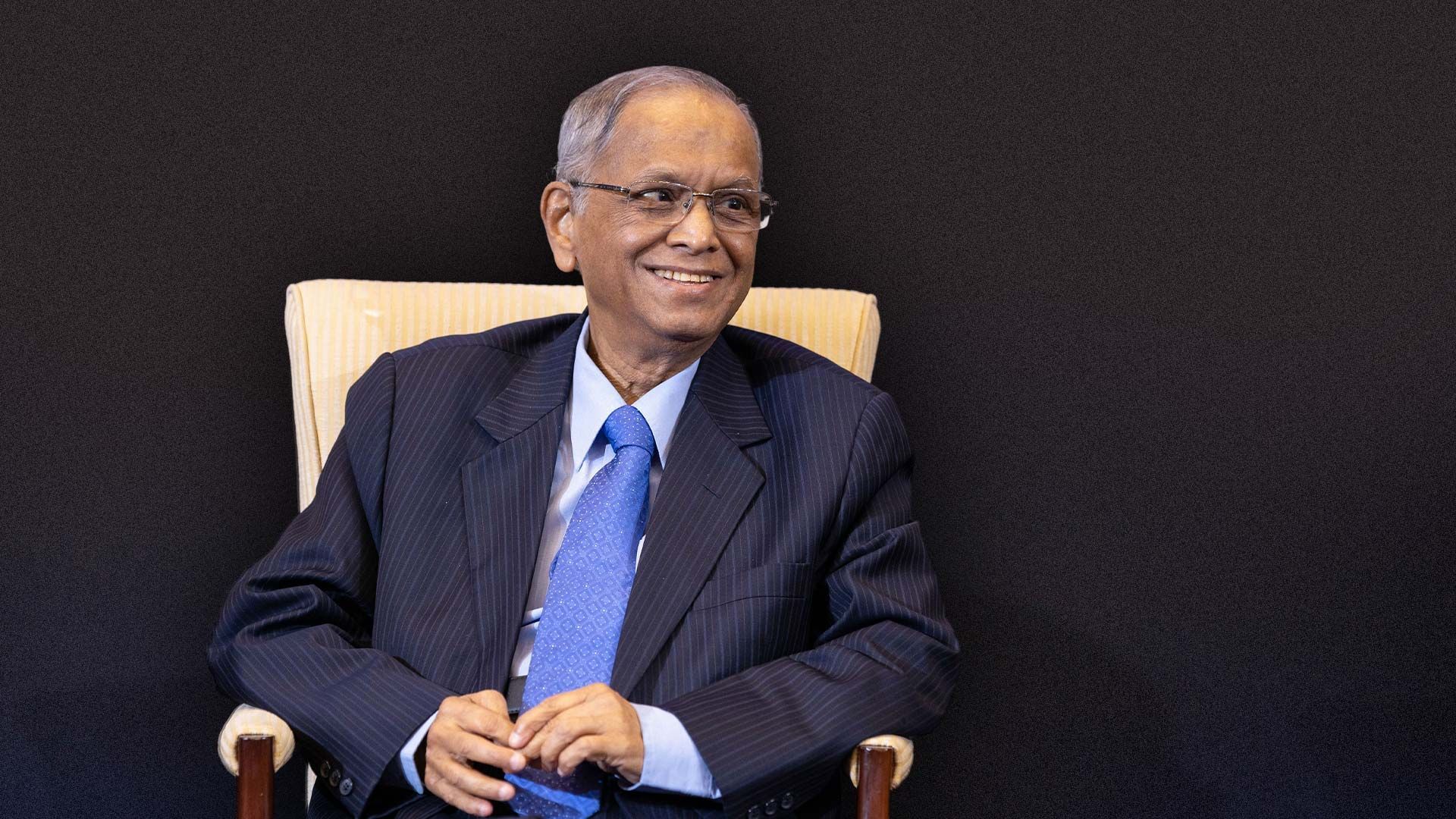
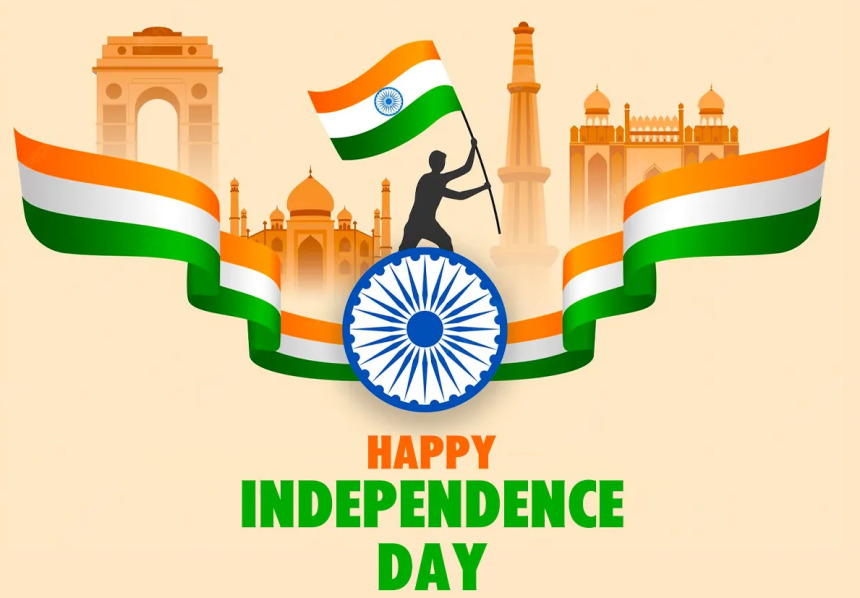

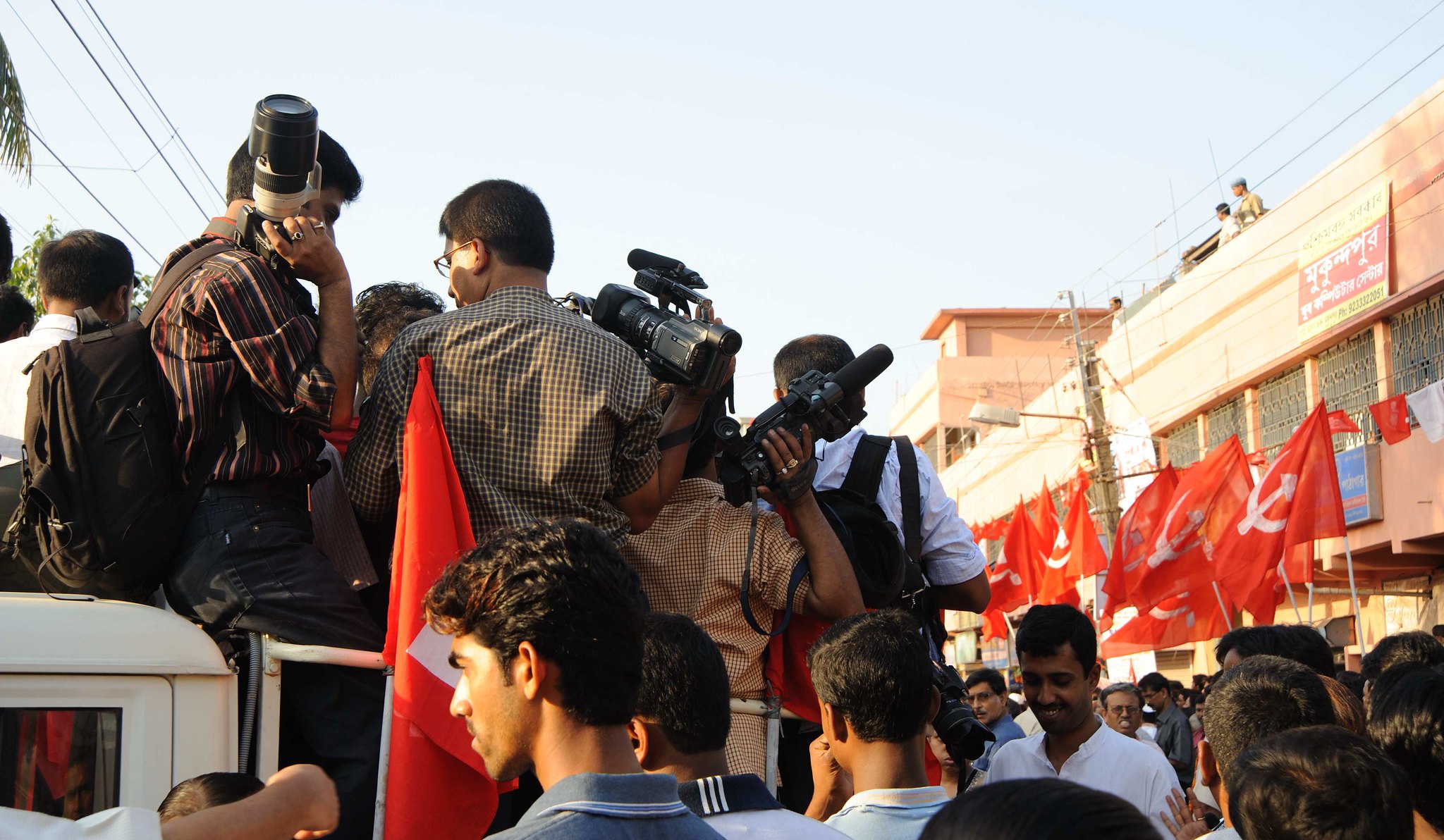




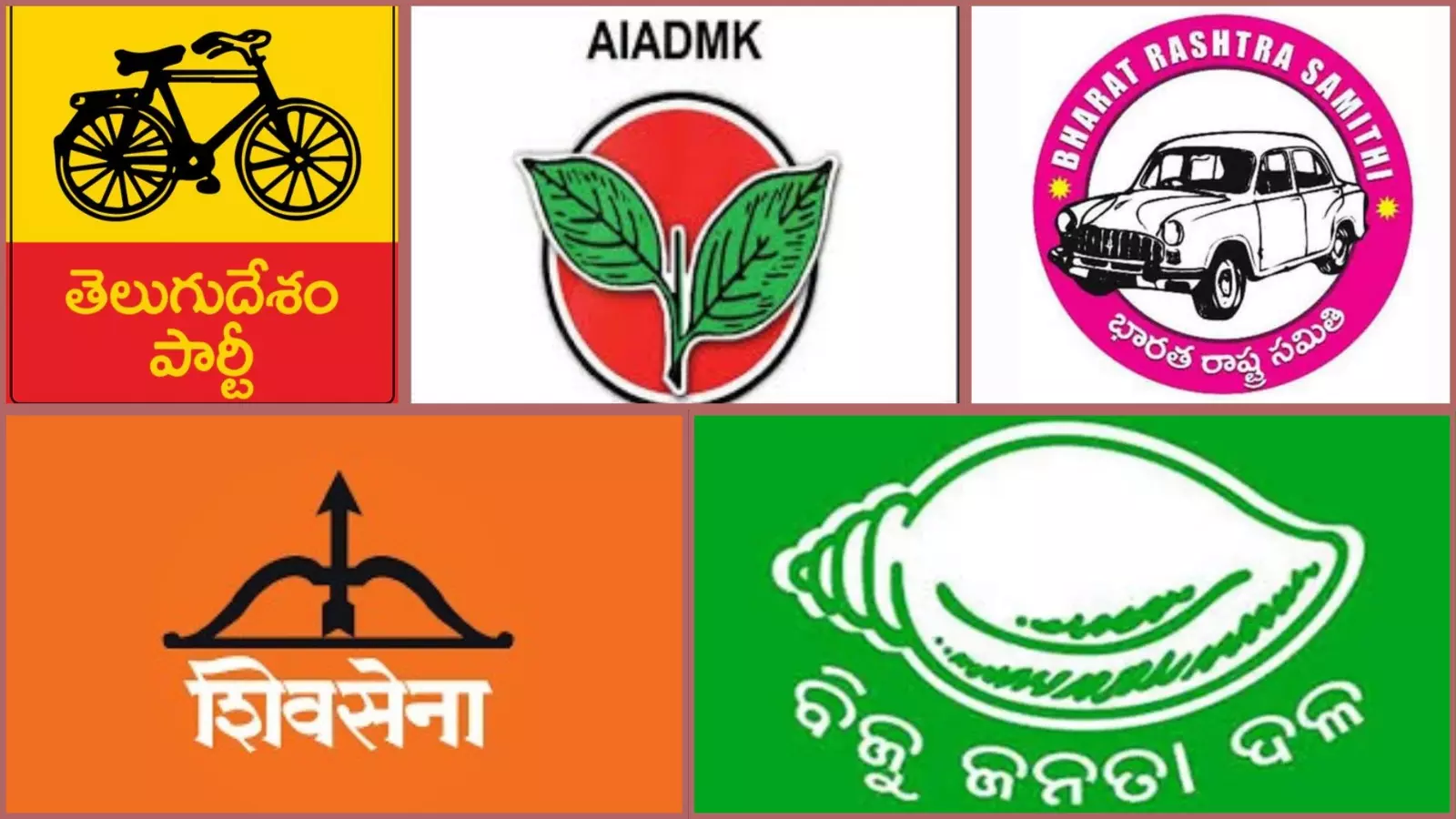

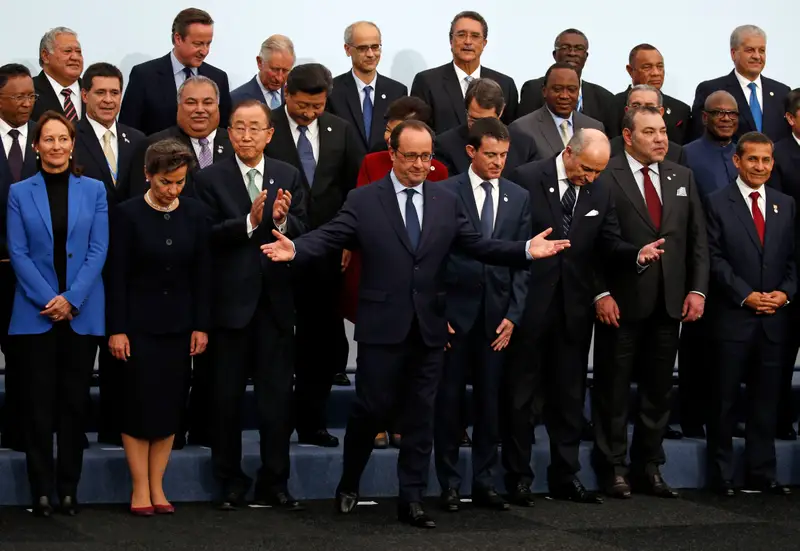
Recent Comments
No comments yet.